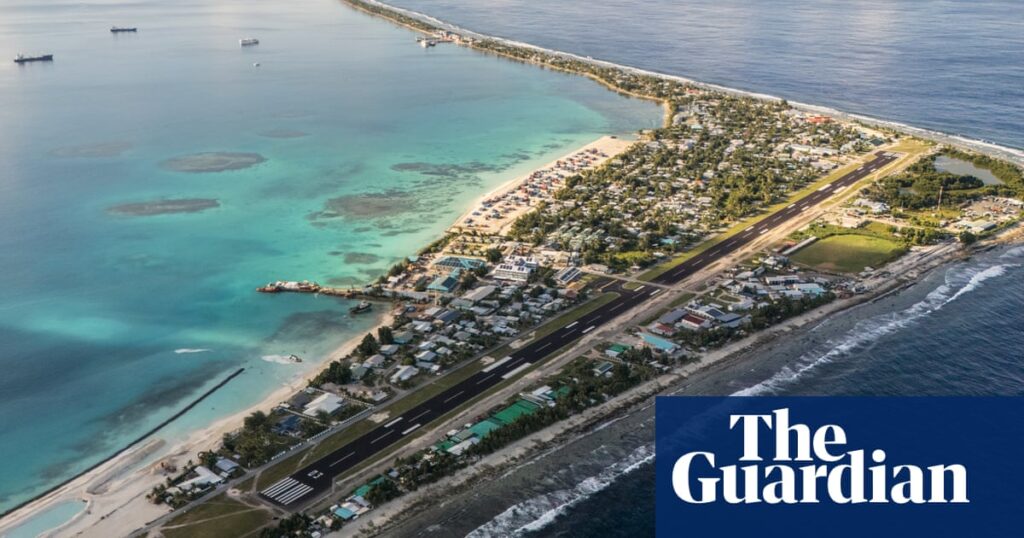
States should continue to exist politically even if their land disappears beneath rising seas, according to a groundbreaking report by the International Law Commission (ILC). This conclusion comes as part of a comprehensive analysis of existing international law and its implications for statehood and resource access amidst escalating climate change.
The report arrives at a crucial time, with climate scientists warning that average sea levels could rise by as much as 90cm (3ft) by 2100 under worst-case scenarios. Recent studies suggest these projections could be exceeded, posing a dire threat to small island developing states. Rising sea levels not only result in land loss but also lead to flooding, threaten freshwater supplies, and render farmland infertile due to salinity.
Legal Framework and Maritime Boundaries
Legal scholars, after extensive review of international law and state practices, have determined that nations can maintain their maritime boundaries even if the physical land changes or vanishes. These boundaries are crucial as they grant navigation rights, access to resources like fishing and minerals, and political control.
Furthermore, there is a consensus that affected nations should retain their statehood to prevent loss of nationality, a conclusion deemed vital for maintaining global peace and stability. Penelope Ridings, an international lawyer and ILC member, emphasized the injustice faced by vulnerable states at the UN Oceans Conference in Nice. She highlighted that these nations, contributing the least to climate change, are the most affected by its consequences.
“A third of present-day sea level rise can be traced to emissions from the 122 largest fossil fuel producers and cement manufacturers,” Ridings noted.
Voices from the Pacific: Tuvalu’s Struggle
The Pacific nation of Tuvalu has been particularly vocal about its plight. The sea level around Tuvalu’s nine islands and atolls has already risen by 4.8mm and is expected to increase further in the coming decades. Australia has set a precedent by recognizing Tuvalu’s maritime boundaries despite rising sea levels, signing a treaty in 2023 to assist Tuvalu in disaster response and offering special visas to its citizens. Latvia has made a similar commitment.
At the conference, Tuvaluan Prime Minister Feleti Teo expressed his people’s determination to remain on their land. The government recently completed the first phase of a coastal adaptation project, which includes building concrete barriers and dredging sand to create additional land. Teo described the US$40 million scheme as “very expensive” and urged for more climate financing from development partners.
“We need more time to live in the land that we believe God has given us and we intend to remain on,” Teo stated.
International Support and Future Directions
Ridings emphasized that it is now the responsibility of states to advance the commission’s work. Meanwhile, Bryce Rudyk, a professor at New York University and legal adviser to the Alliance of Small Island States (Aosis), praised the ILC’s responsiveness to small states. These nations, historically marginalized in international law, are now leading legal advancements in climate change and marine degradation.
Both Aosis and the Pacific Islands Forum have declared their commitment to maintaining statehood and sovereignty, as well as their membership in intergovernmental organizations like the UN, regardless of sea level rise. The international court of justice is expected to issue an advisory opinion on climate change soon, following a petition by Aosis to affirm these principles.
This development represents a significant step in the ongoing battle against climate change, highlighting the urgent need for international cooperation and legal innovation to protect vulnerable nations from the devastating impacts of rising seas.





